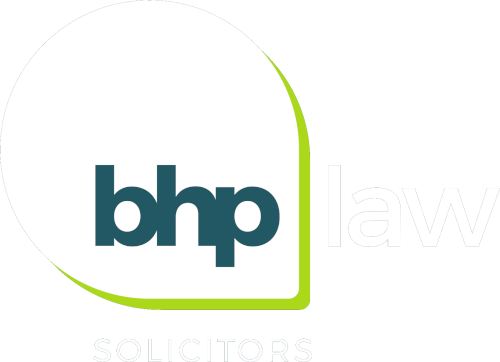17th March 2021

When recovering debts, creditors should make themselves aware of new legislation that comes into force from 4th May 2021. The Debt Respite Scheme provides legal protection to debtors who successfully apply through a debt advice provider or local authority.
It is yet to be seen how commonplace the Respite Scheme will be or how it will be applied in practice, however, there are two types of ‘Breathing Space’ creating by the Act.
Types of breathing space
A standard breathing space is available to anyone with problem debt. It gives them legal protections from creditor action for up to 60 days.
A mental health crisis breathing space is only available to someone who is receiving mental health crisis treatment and it has some stronger protections. It lasts as long as the person's mental health crisis treatment, plus 30 days (no matter how long the crisis treatment lasts).
What debts can be included?
The position on secured debts is different depending upon whether the debt was incurred before or after 4th May 2021. Arrears on secured debts prior to 4th May 2021 can be included, but arrears on secured debts incurred after 4th May can be included. Also exempt are debts incurred by fraud; court fines imposed for an offence; confiscation order obligations; child maintenance or family court orders; social fund crisis or budgeting loans; student loans; damages payable for death or personal injury; advance payments of Universal Credit; council tax liabilities; or personal liabilities for business debts.
Most ‘normal’ creditor debts can be subject to a Breathing Space, including credit card debt; store cards; personal loans; pay day loans; overdrafts; utility bill arrears; penalty charge notices; rent arrears and mortgage arrears (subject to the 4th May cut off).
What to do if you receive a notice
If you’re told that a debt owed to you is subject to a breathing space, you must stop all action related to that debt and apply the protections. These protections must stay in place until the breathing space ends.
The Protections
During the breathing space the following ‘protections’ are to be put in place:
- No interest is to charged on arrears
- No fees, penalties or charges are to be added
- Any enforcement or recovery action must be stopped
- No contact is to be made directly to the debtor about a breathing space debt, (except where it may be appropriate to carefully tell them they do not need to worry about the normal communications being sent to them)
- Any communications about the breathing space debt must be made to the debt adviser who served the notice
- You must notify the court or tribunal where there is a pending bankruptcy petition or other court proceeding relating to a debt that is now in breathing space.
Bankruptcy proceedings will be stopped until the breathing space ends or is cancelled. Other court proceedings about the debt (other than enforcement of court judgments or orders) can continue until the court or tribunal makes an order or judgment.
Failure to comply
If a creditor fails to comply, any action taken is null and void and the creditor may be liable for the debtor’s costs.
Review
Breathing spaces are not intended to be in place over the long term. For standard breathing spaces, a ‘midway review’ will be carried out by the debt adviser between day 25 and day 35 to decide whether to continue with or cancel the breathing space.
A mental health crisis breathing space does not have a midway review, but the debt adviser will regularly check that the person is still receiving mental health crisis treatment. The mental health crisis breathing space will continue for the duration of this treatment and will continue for 30 days after the treatment is complete.
Challenging the breathing space
Act quickly. Creditors can ask a debt adviser to review the breathing space but must do so within 20 days of the commencement of the breathing space or the debt being added. There are limited grounds:
- there is an unfair prejudice to the creditor’s interests;
- the debtor does not meet the eligibility criteria for a breathing space;
- the debts included in the breathing space do not qualify; or
- the debtor has enough funds to repay their debts
Otherwise, the breathing space ends through being cancelled by the debt adviser or the court, or when the debtor has died during the breathing space period. Creditors will be notified and the notification will tell you the reason why it was cancelled.
How can BHP Law help?
At BHP Law our Dispute Resolution team is experienced in Debt Recovery matters from both sides of the coin. If you receive a breathing space notice we can advise as to your specific circumstances. We can also assist in debt claims, insolvency proceedings and enforcement action.
Simply contact the team on 01325 466 794 to discuss with us or arrange an appointment.


